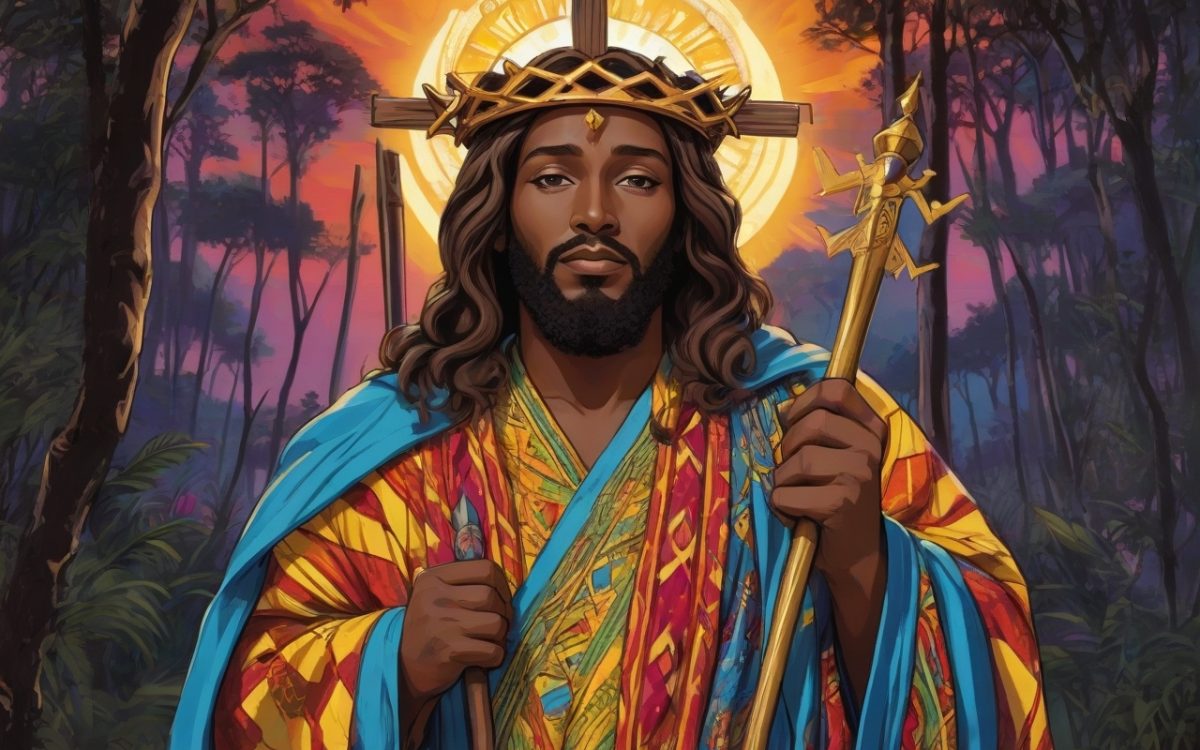As we celebrate Christ the King, we should reflect on what it means for Christ to be the King of the universe today. What does it mean for Christ to be a king when today’s kings and political leaders no longer stand in the gap between God and men? On the contrary, kingship has become a symbol of everything Christ opposed:
- War
- Illegal occupation of indigenous lands
- Self-glorification
- Oppression of the impoverished and similar practices
Nevertheless, this doesn’t mean all their predecessors were better Kings. While there were many great ones, it’s true that with time, almost every King had to act as the man and woman of their time, claiming territory and conquering nations.
Therefore, correcting this wrong idea of kingship was necessary by placing Christ as the leadership model: respectful of every life and loving of humanity and the other members of our ecosystem. That’s why Pope Pius XI established the feast of Christ the Christ. In his Encyclical Quas Primas — “In the first” — [December 11, 1925], he wrote:
“Manifold evils in the world were due to the fact that the majority of men had thrust Jesus Christ and his holy law out of their lives; that these had no place either in private affairs or in politics: and we said further, that as long as individuals and states refused to submit to the rule of our Savior, there would be no really hopeful prospect of a lasting peace among nations.”
While the text emphasizes the importance of Christ’s role in sanctifying everything, it can be criticized for reflecting the Church’s reluctance towards change. It could also indicate our difficulty in letting go of an imperial form of Christianity, evidenced by numerous imperial images of Christ still circulating. However, it’s important to understand that the kingship of Christ is different from the type we have continuously been fed. This notion might have served the interests of imperial Christianity, but even at that moment, it served the oppressors and not the oppressed. It has never been what Christ would have chosen for his followers.
One might think we might have come a long way to understanding Christ’s kingship, but we have not. This is why it is essential to recognize that Christ’s kingship is distinct from that of the emperors. His reign is characterized by peace, which is not the Pax Romana. He stands with the oppressed, downtrodden, and marginalized, for he was once oppressed, downtrodden, and marginalized. The difference he brings is that through his victory over brokenness, the broken members of our society can share God’s nature. His kingship is similar to the force of Ubuntu, which acknowledges our strengths and individual vulnerabilities while exposing us to the immeasurable power of the resurrection.
His kingship manifests neither in the fiery images sold to us nor in all these Imperial presentations in circulation. It’s instead in the brokenness of the Crucifix, in the disgusting images of charred bodies of butchered children, and the empty faces of the hunger-stricken population of our society. It’s what the incarnation:
— he made himself nothing by taking the very nature made himself nothing by taking the very nature of a servant, being made in human likeness. — (Phil. 2:6-11)
stands for.
So, Christ is not your regular King. He sits neither on a fiery horse nor is he those images of emperors on their throne we circulate today. He stands with the poor and dies with the children in bombarded hospitals and terror-stricken cities. Not only that, but he is the hungry fellow among war-torn tribes, the maltreated women dying in silence. Meanwhile, our society keeps quiet, focusing on our self-fabricated gods, and we keep killing Christ again and again. Furthermore, Christ encompasses all the immigrant families fleeing their homeland, refugees we treat without respect for their dignity and all those whose vulnerability has necessitated their sole reliance on God.







2 Comments
Insightful piece
I loved even more than you will get done right here. The overall look is nice, and the writing is stylish, but there’s something off about the way you write that makes me think that you should be careful what you say next. I will definitely be back again and again if you protect this hike.